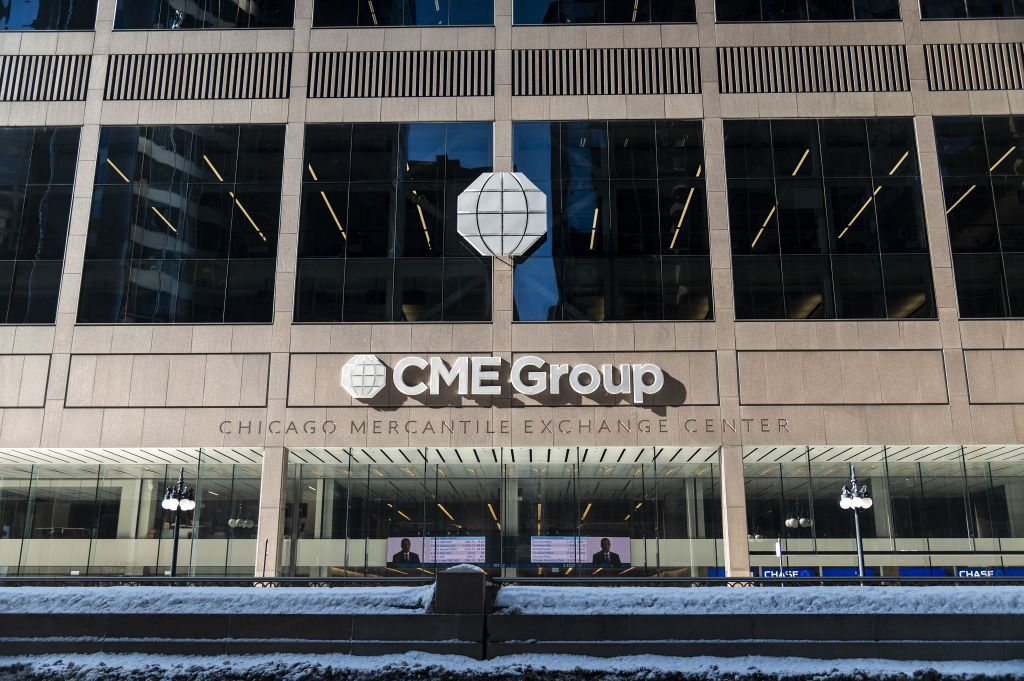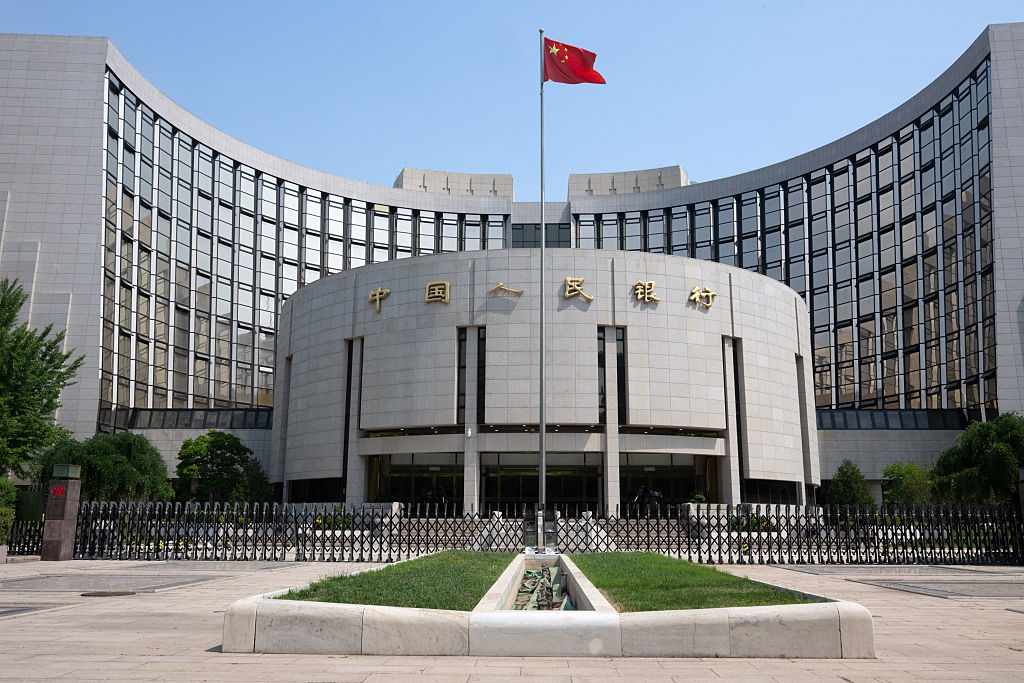Royal Mail will deliver for investors – here's how to play it
Royal Mail Group has found its feet in the past 18 months and looks cheap. Matthew Partridge looks at how to trade the shares.


Get the latest financial news, insights and expert analysis from our award-winning MoneyWeek team, to help you understand what really matters when it comes to your finances.
You are now subscribed
Your newsletter sign-up was successful
Want to add more newsletters?

Twice daily
MoneyWeek
Get the latest financial news, insights and expert analysis from our award-winning MoneyWeek team, to help you understand what really matters when it comes to your finances.

Four times a week
Look After My Bills
Sign up to our free money-saving newsletter, filled with the latest news and expert advice to help you find the best tips and deals for managing your bills. Start saving today!
One of the most unlikely winners from the last 18 months has been Royal Mail. At the start of 2020 it was in disarray. Mail volumes were falling and it had a fractious relationship with its staff; the share price languished 50% below 2013’s flotation price. It then halved again amid the brief market crash that followed the imposition of a national lockdown. However, over the past 18 months the shares have been on a tear, at one point nearly rising to five times their March 2020 price. Even today they are still up by around 300%.
Royal Mail has benefited from the huge rise in parcel volumes caused by the shift to online shopping as stores closed. For the first time in its history sales from parcels have eclipsed revenue from letters. In fact, the increase has been so large than it is now starting to deliver parcels from certain retailers on Sundays, something unthinkable a few years ago, when all the talk was about whether to reduce deliveries in order to manage decline and
cut costs.
MoneyWeek
Subscribe to MoneyWeek today and get your first six magazine issues absolutely FREE

Sign up to Money Morning
Don't miss the latest investment and personal finances news, market analysis, plus money-saving tips with our free twice-daily newsletter
Don't miss the latest investment and personal finances news, market analysis, plus money-saving tips with our free twice-daily newsletter
Royal Mail still faces stiff competition
Of course, there is always the risk that this surge in business could reverse as people cut back on online deliveries in favour of returning to high-street shops. Early data suggest that parcel deliveries have declined a little in recent weeks. Royal Mail also faces competition from several companies when it comes to delivering parcels. One, DPD, recently secured a deal with the Post Office allowing people to pick up its parcels at some outlets (the Post Office and Royal Mail, while separate entities, had had an exclusive relationship until the DPD agreement). All this means that Royal Mail admits that revenues are unlikely to keep growing at the same rate.
Nevertheless, Royal Mail’s sales are expected to keep rising, while it finally seems to have sorted out its problems with the trade unions. I’m particularly impressed by the fact that former Ocado executive Simon Thompson, who has been Royal Mail’s CEO since January, seems eager to invest in technology to cut costs and keep it at the cutting-edge of parcel delivery. For example, it has been investing in drone deliveries, using them to deliver some mail from the British mainland to the Isles of Scilly.
GLS: a solid foreign subsidiary
Note too that Royal Mail isn’t just limited to the UK. It owns a subsidiary known as GLS, which focuses on parcel delivery in Europe, Canada and the US. GLS has also done well during the past two years, its revenue increasing by nearly 30%. Royal Mail also looks appealing from a valuation perspective, delivering a solid dividend yield of 4.3% and trading at eight times 2022 earnings. Its sizeable property portfolio means that it also valued at only slightly more than its book value.
Royal Mail shares are currently 20% off their recent highs and below their 50-day moving average, so wait a little for the shares to start rising again. However, once they pass 550p, go long at £4 per 1p, setting a stop-loss at 301p. This will give you a potential downside of £996.
Get the latest financial news, insights and expert analysis from our award-winning MoneyWeek team, to help you understand what really matters when it comes to your finances.

-
 Should you buy an active ETF?
Should you buy an active ETF?ETFs are often mischaracterised as passive products, but they can be a convenient way to add active management to your portfolio
-
 Power up your pension before 5 April – easy ways to save before the tax year end
Power up your pension before 5 April – easy ways to save before the tax year endWith the end of the tax year looming, pension savers currently have a window to review and maximise what’s going into their retirement funds – we look at how
-
 Should you sell your Affirm stock?
Should you sell your Affirm stock?Affirm, a buy-now-pay-later lender, is vulnerable to a downturn. Investors are losing their enthusiasm, says Matthew Partridge
-
 Profit from pest control with Rentokil Initial
Profit from pest control with Rentokil InitialRentokil Initial is set for global expansion and offers strong sales growth
-
 In the money: how my trading tips fared in 2025
In the money: how my trading tips fared in 2025The success of the open positions offset losses on closed ones, says Matthew Partridge
-
 Coreweave is on borrowed time
Coreweave is on borrowed timeAI infrastructure firm Coreweave is heading for trouble and is absurdly pricey, says Matthew Partridge
-
 Circle sets a new gold standard for cryptocurrencies
Circle sets a new gold standard for cryptocurrenciesCryptocurrencies have existed in a kind of financial Wild West. No longer – they are entering the mainstream, and US-listed Circle is ideally placed to benefit
-
 Profit from other investors’ trades with CME Group
Profit from other investors’ trades with CME GroupCME Group is one of the world’s largest exchanges, which gives it a significant competitive advantage
-
 Investors need to get ready for an age of uncertainty and upheaval
Investors need to get ready for an age of uncertainty and upheavalTectonic geopolitical and economic shifts are underway. Investors need to consider a range of tools when positioning portfolios to accommodate these changes
-
 How much gold does China have – and how to cash in
How much gold does China have – and how to cash inChina's gold reserves are vastly understated, says Dominic Frisby. So hold gold, overbought or not